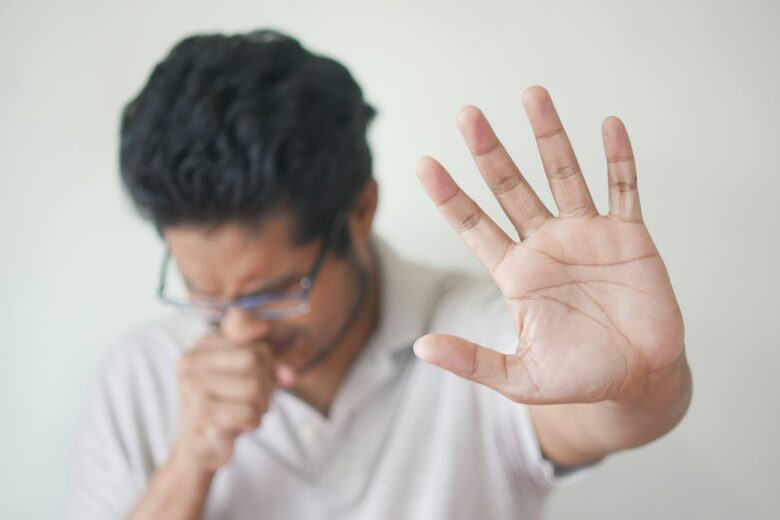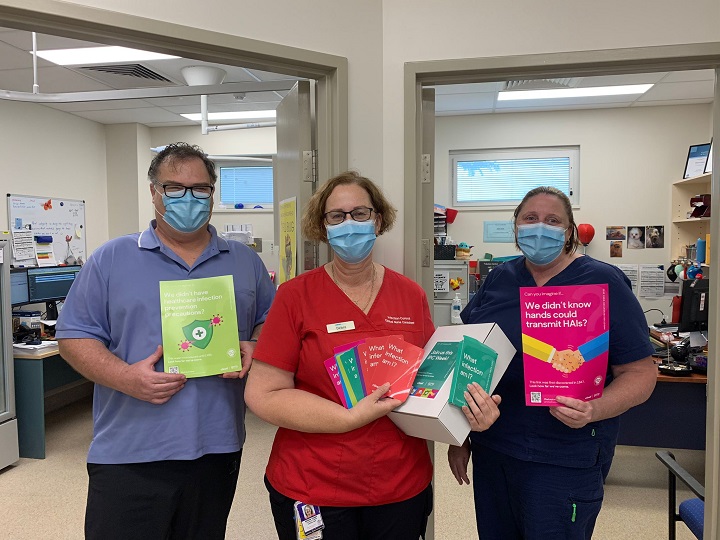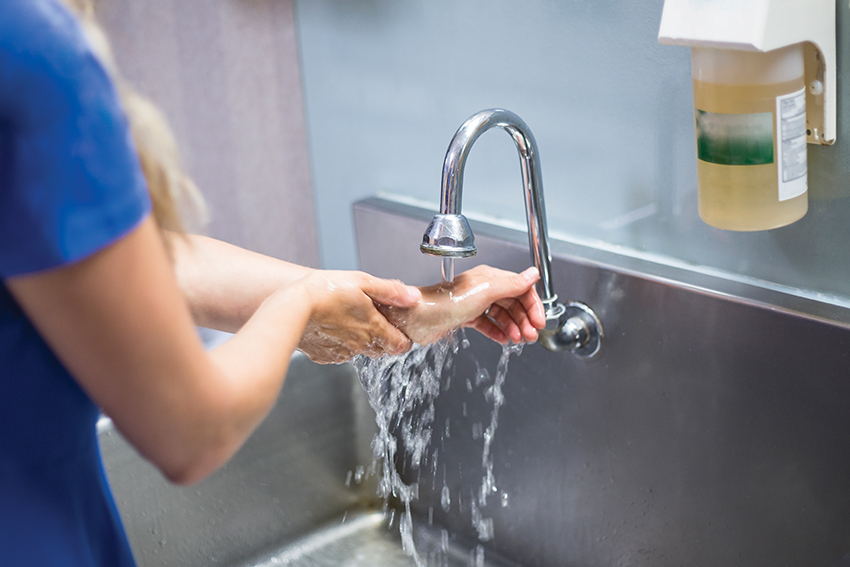
As Australia stares down another early severe influenza season in 2024, experts have called on the cleaning and hygiene industry to prioritise health, hygiene and cleaning practices in order to protect the most vulnerable in the community.
The National Notifiable Disease Surveillance System (NNDSS) reported more than 32,000 cases in the first quarter of 2024, compared with 18,583 cases for the same time in 2023 – an increase of 61 percent.
Approximately 289,000 cases of influenza were recorded in 2023, with 3696 hospitalisations and at least 376 flu-related deaths reported.
April also typically marks the onset of respiratory syncytial virus (RSV) season, a common respiratory infection which mostly affects young children, including babies. RSV can also trigger pneumonia in elderly patients, which can be fatal.
The virus is the number one cause of hospitalisation for children aged five and under. There were 128,016 RSV cases reported last year Australia-wide, with free vaccines recently announced in Queensland, New South Wales and Western Australia for infants and children. More than 36,000 cases have been reported to date so far this year across all jurisdictions.
COVID-19 is also expected to rise simultaneously with RSV and flu peaks.
While COVID-19 transmission is currently considered ‘low’, concerns of dual infections, like ‘flu-rona’ have prompted public health calls to ensure COVID-19 and influenza boosters are up-to-date among the community.
Dr Gavin Macgregor-Skinner is the senior director of the Global Biorisk Advisory Council (GBAC), a division of ISSA. He says while regular cleaning of hands reduces the spread of bacteria and viruses, and is widely practised, unless facility managers and cleaners properly clean and sanitise high-touchpoint areas such as door handles, escalator handrails and light switches, all efforts of infection prevention are compromised.
“Washing your hands and cleaning surfaces leads to better hand hygiene, so making that loop work would significantly decrease the transmission of germs, as well as the transmission of chemicals and contaminants and allergens and anything that’s on a surface,” he says. “It’s really important.”
Dr Macgregor-Skinner, who is based in Washington DC, says the American winter is a reminder to Australia to refocus on hand hygiene. He says the US has just emerged from a challenging winter during which COVID-19-related deaths remained high and outbreaks of norovirus, RSV and measles caused health concerns.
The latest influenza and RSV statistics come as Australia endures a major cryptosporidiosis outbreak, with 7646 cases reported to-date by the NNDSS, compared with 3708 cases over 12 months in 2023.
The reminders come as the World Health Organisation’s (WHO) World Hand Hygiene Day approaches on 5 May 2024.
According to WHO, while many countries demonstrate strong engagement and advancements in scaling-up infection prevention and control (IPC) strategies and actions, overall, the progress is slow, and gains are at risk.
In 2021, only four out of 106 countries (3.8 percent) had enacted all minimum requirements for IPC at the national level. Training and education were the weakest component of IPC programs around the world both at the national and facility level, according to multiple WHO surveys.
Comment below to have your say on this story.
If you have a news story or tip-off, get in touch at editor@incleanmag.com.au
Sign up to INCLEAN’s newsletter.





